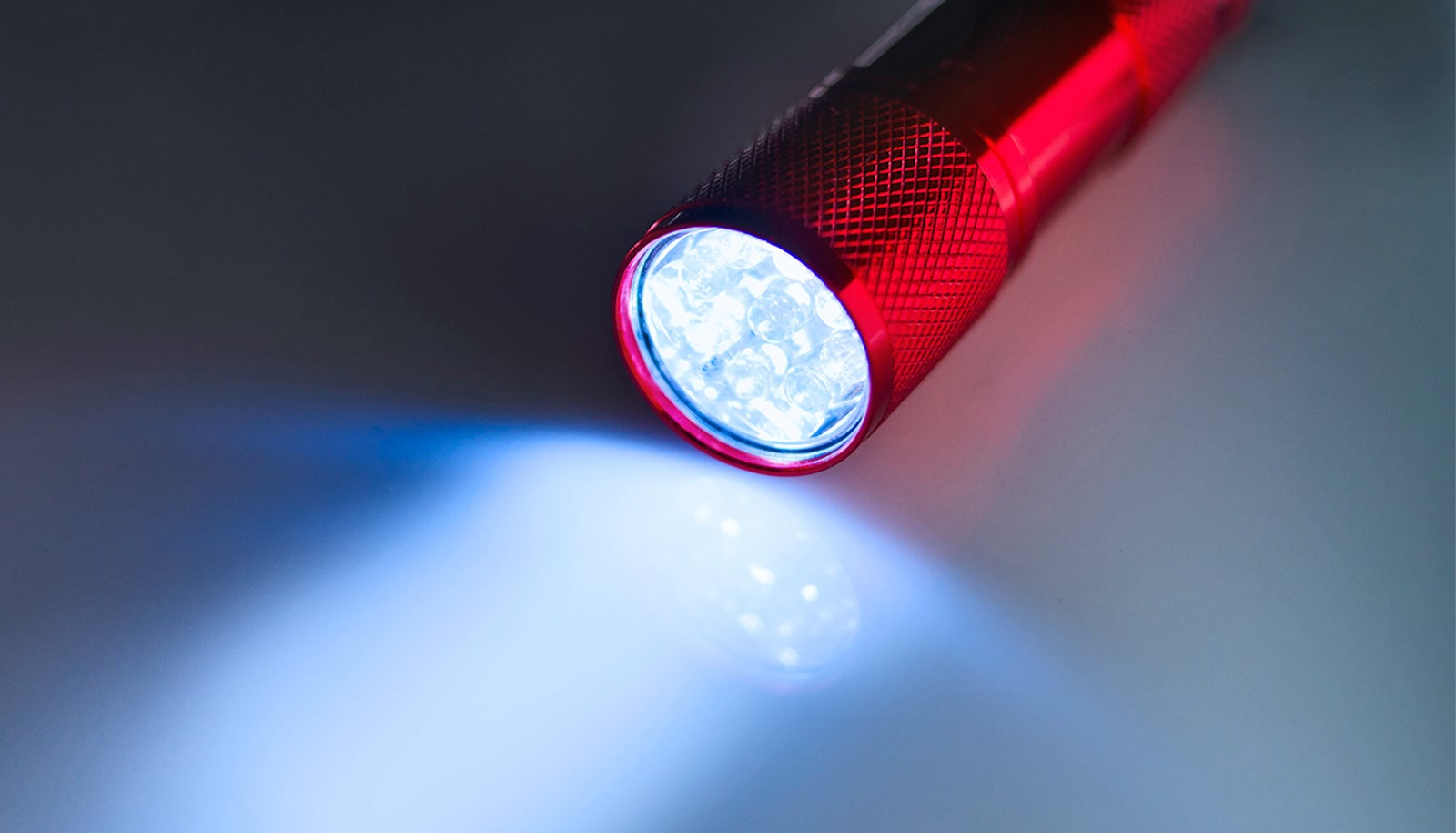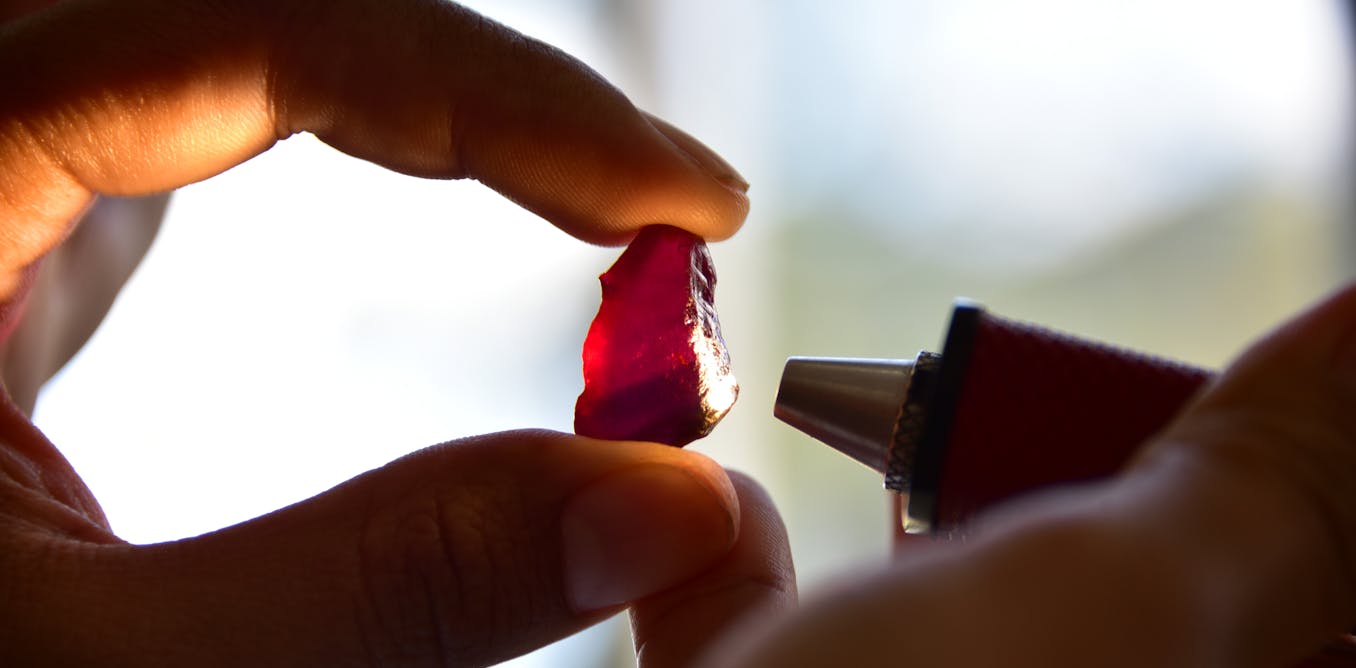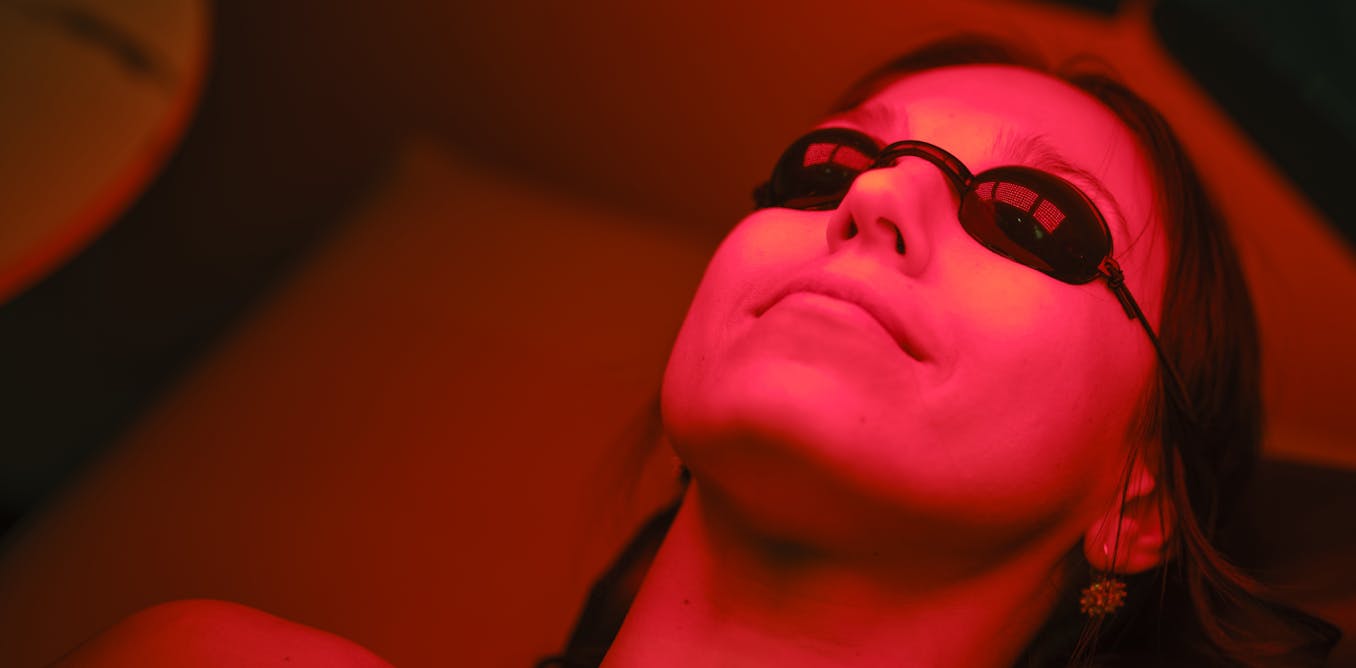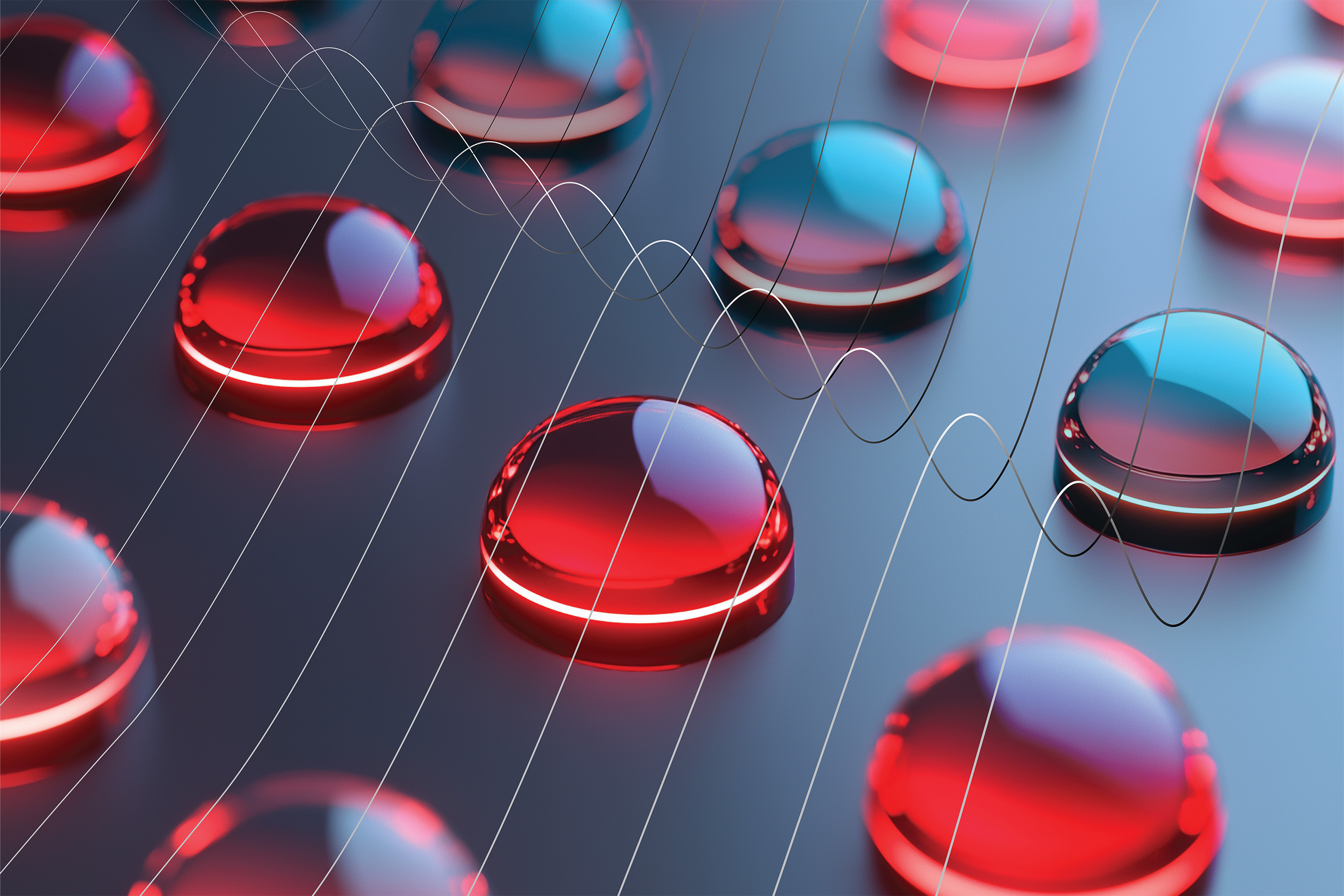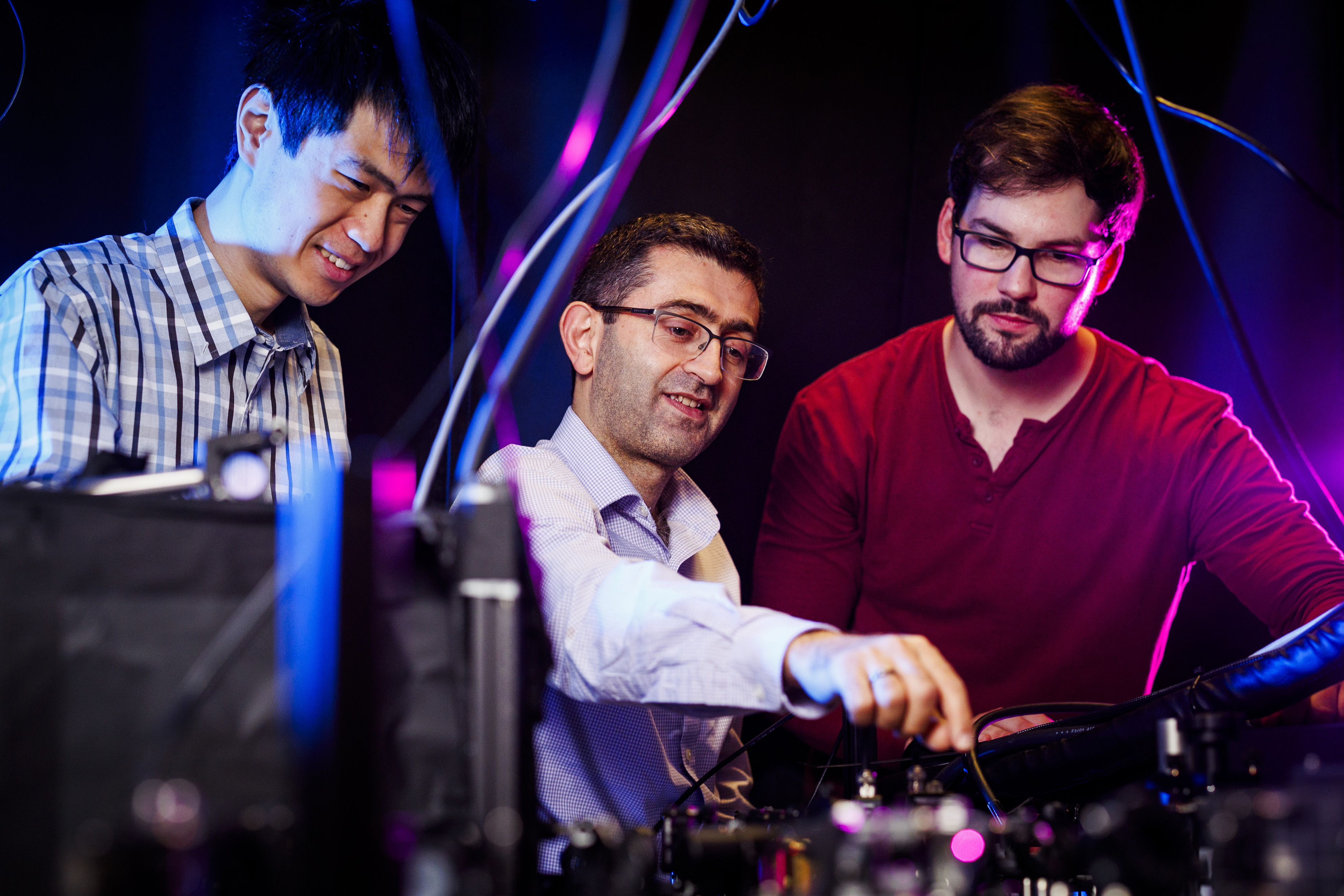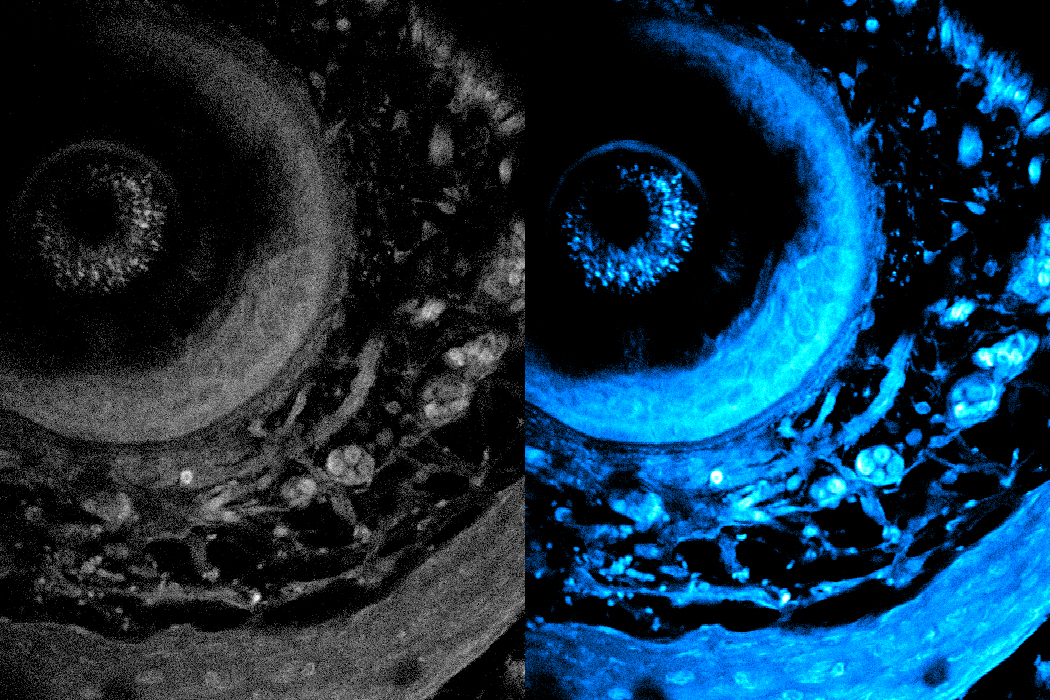Why are rubies red and emeralds green? Their colors come from the same metal in their atomic structure
Even though emeralds and rubies are very different colors, they both have the same secret ingredient in their atomic structure.
Daniel Freedman, Dean of the College of Science, Technology, Engineering, Mathematics & Management, University of Wisconsin-Stout •
conversation
Feb. 4, 2025 • ~6 min
Feb. 4, 2025 • ~6 min
Where does black fall on the color spectrum? A color scientist explains
Black doesn’t appear in the visible spectrum of electromagnetic radiation. So why do we still see it?
Michael J. Murdoch, Associate Professor of Color Science, Rochester Institute of Technology •
conversation
Feb. 3, 2025 • ~7 min
Feb. 3, 2025 • ~7 min
Red light therapy shows promise for pain relief, inflammation and skin conditions – but other claims might be hyped
For decades, red light therapy has been an adjunct treatment for numerous ailments. But it may not work for all the medical conditions that supporters say it does.
Praveen Arany, Associate Professor of Oral Biology, University at Buffalo •
conversation
Jan. 24, 2025 • ~8 min
Jan. 24, 2025 • ~8 min
We developed a way to use light to dismantle PFAS ‘forever chemicals’ – long-lasting environmental pollutants
PFAS are made up of a chain of incredibly strong carbon-fluorine bonds, which make them difficult to break down.
Xin Liu, Postdoctoral Scholar in Chemistry, Colorado State University •
conversation
Dec. 13, 2024 • ~8 min
Dec. 13, 2024 • ~8 min
/
32


